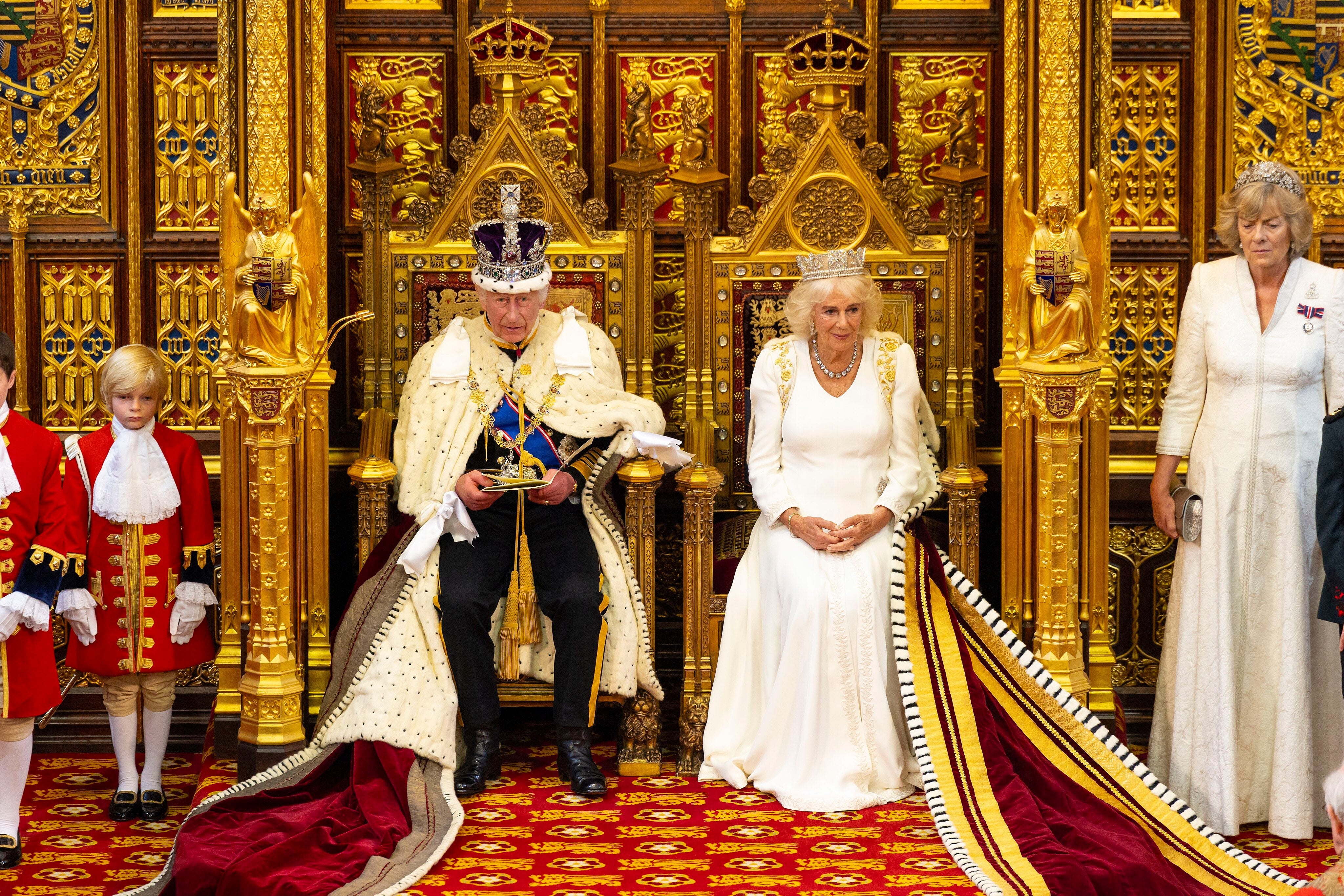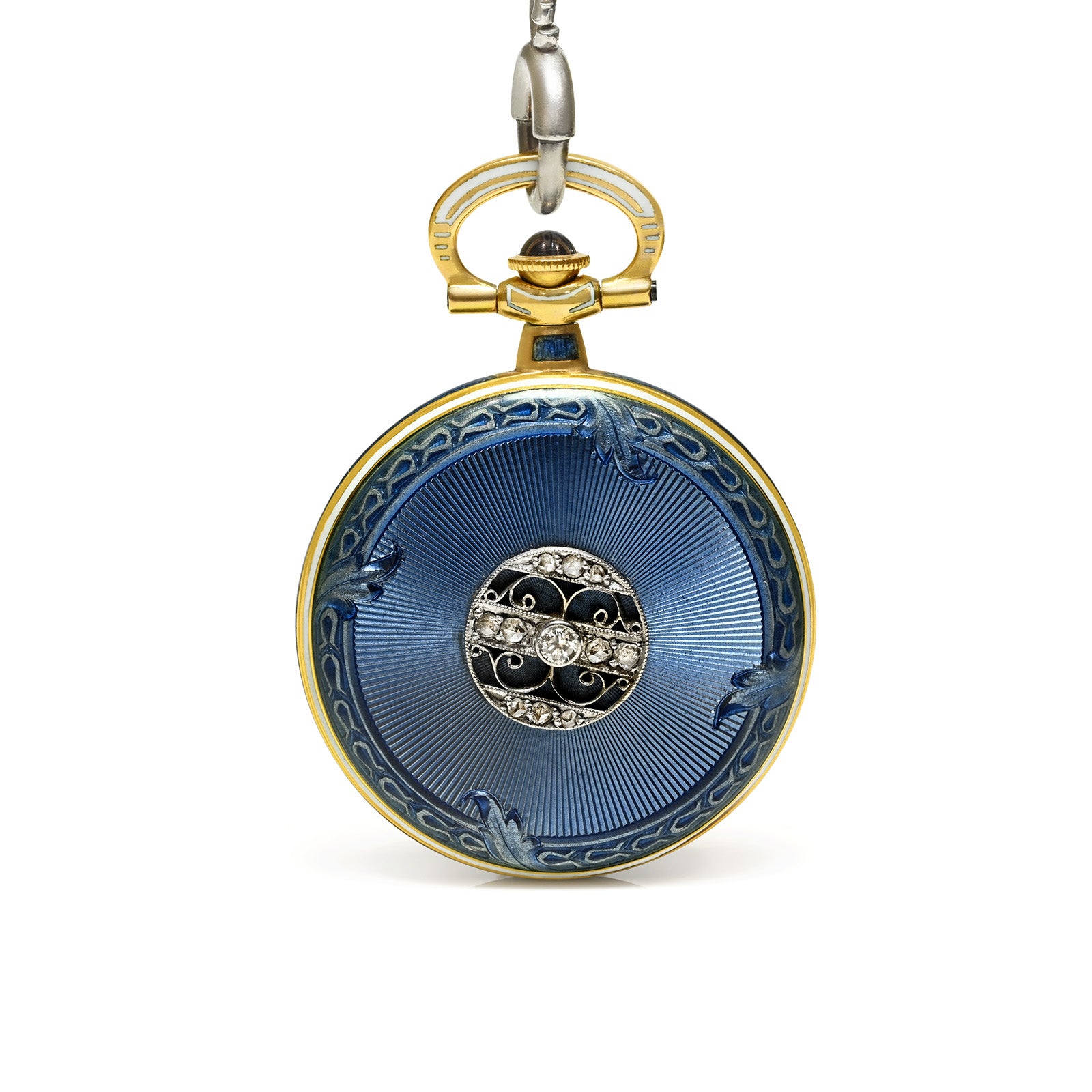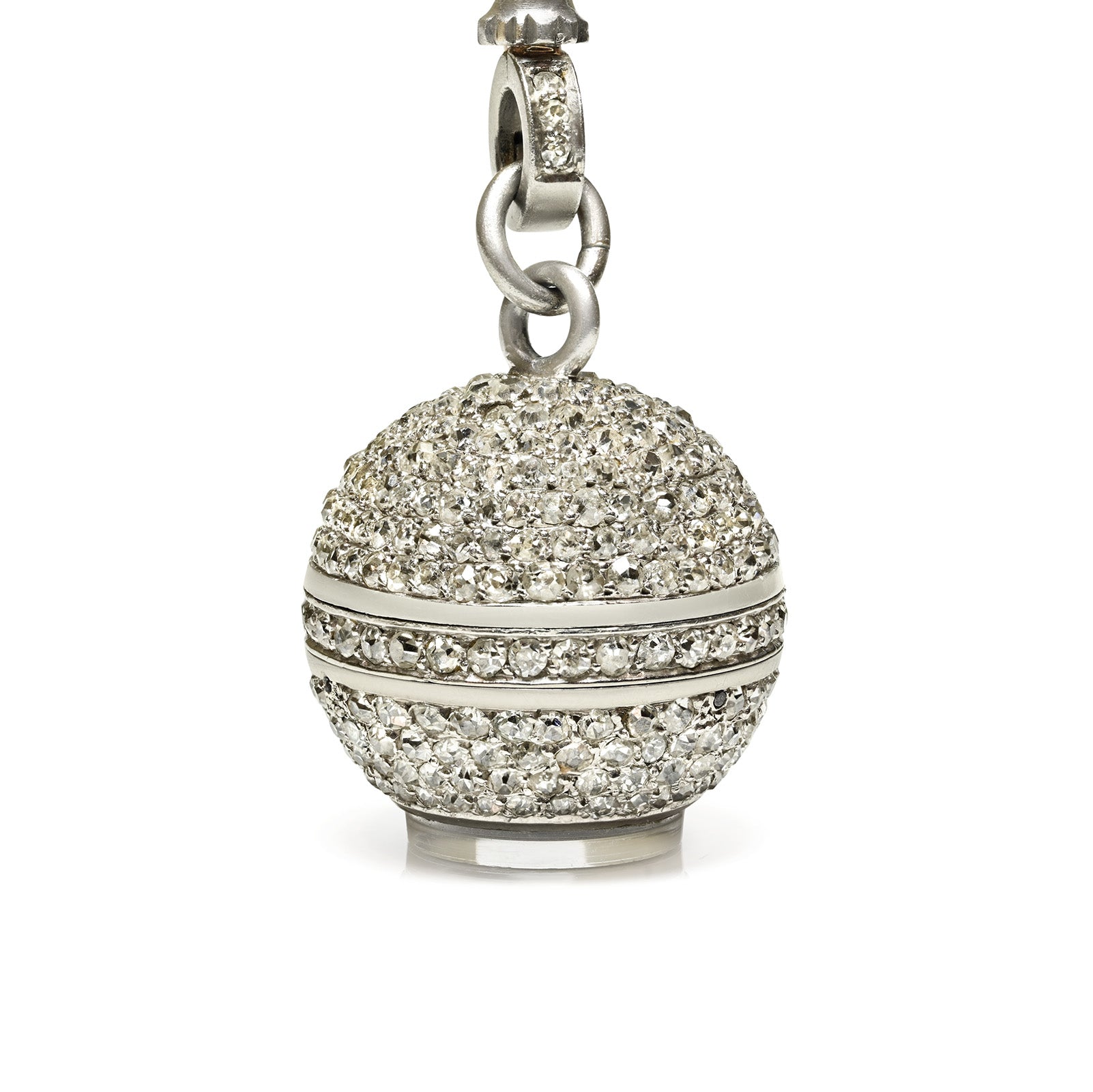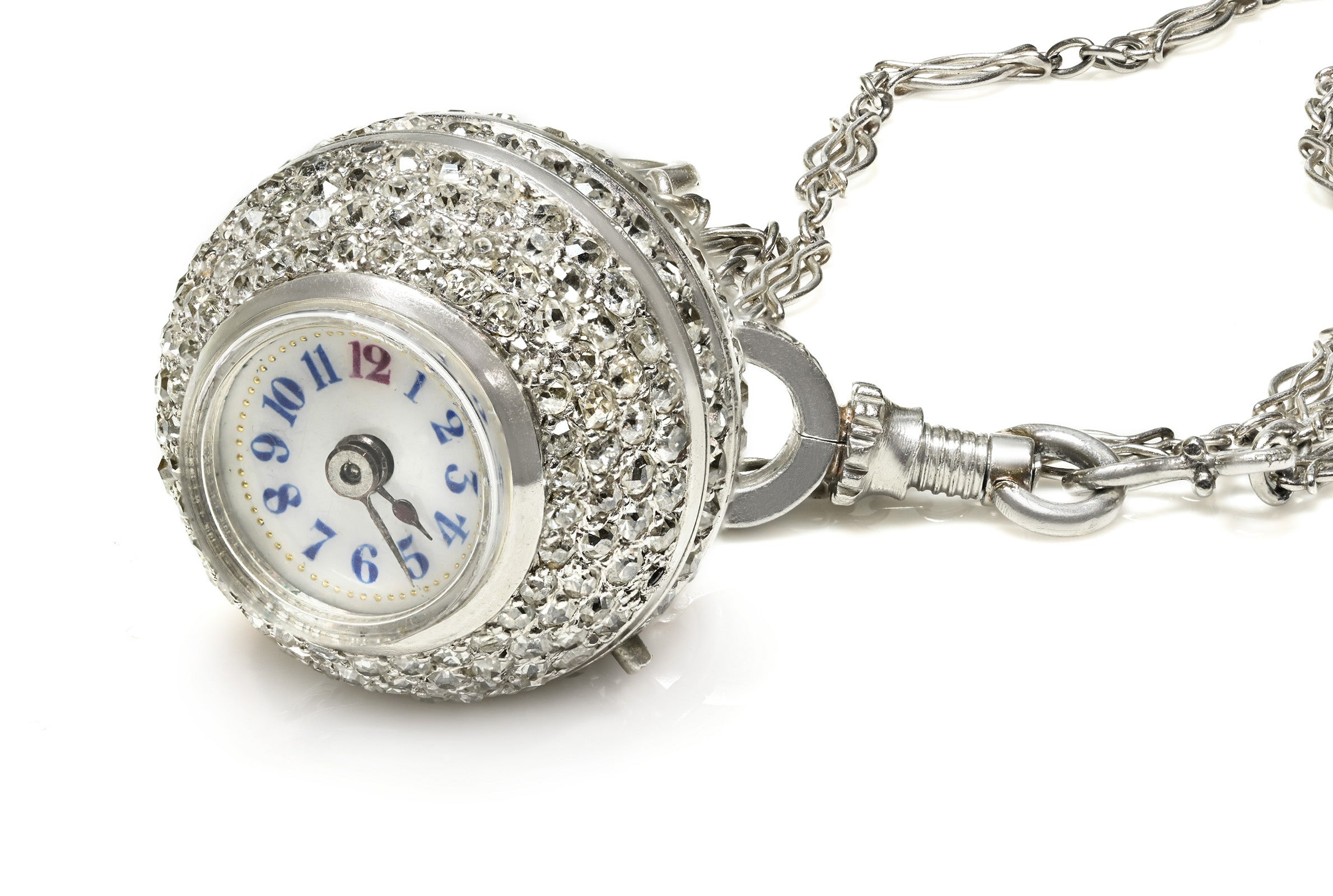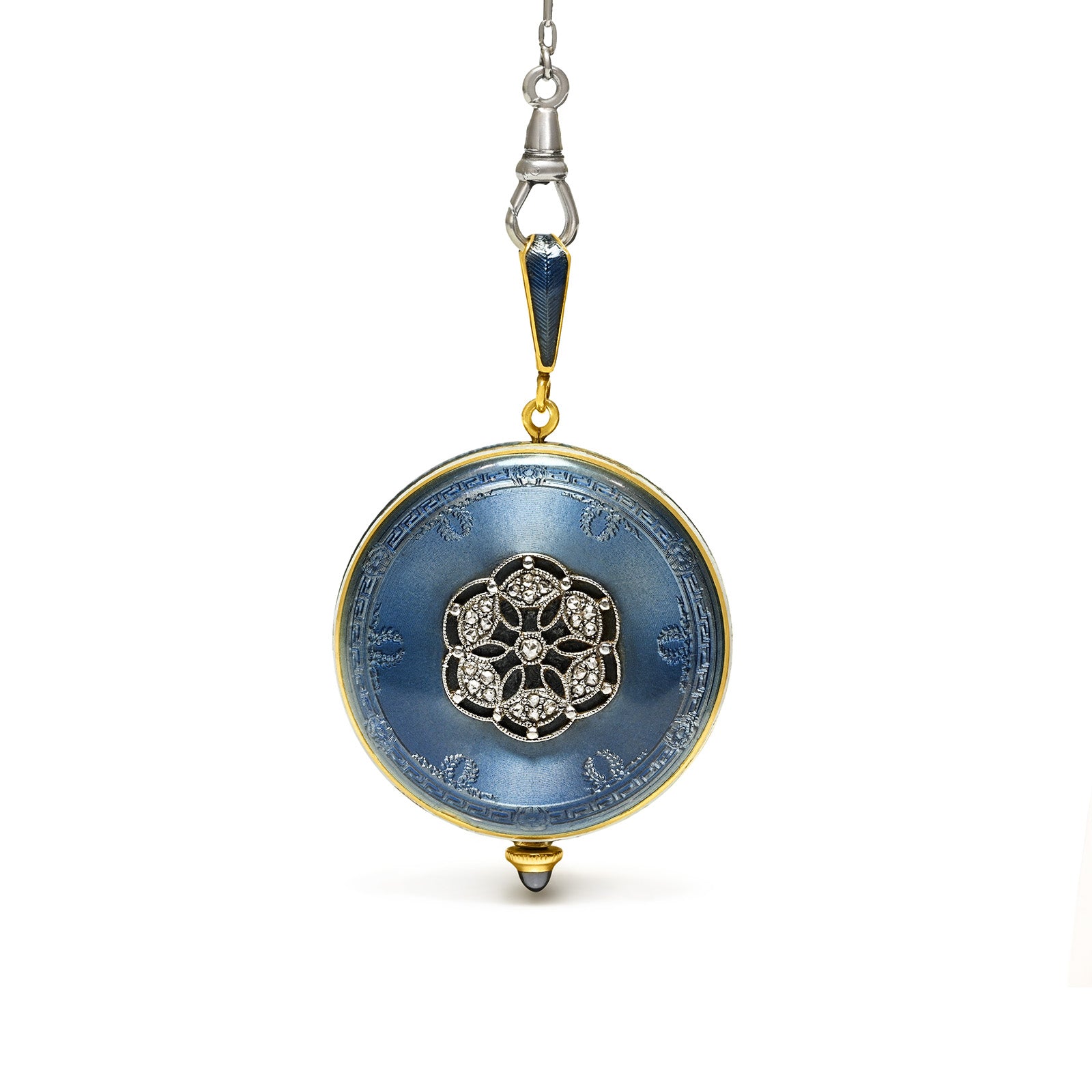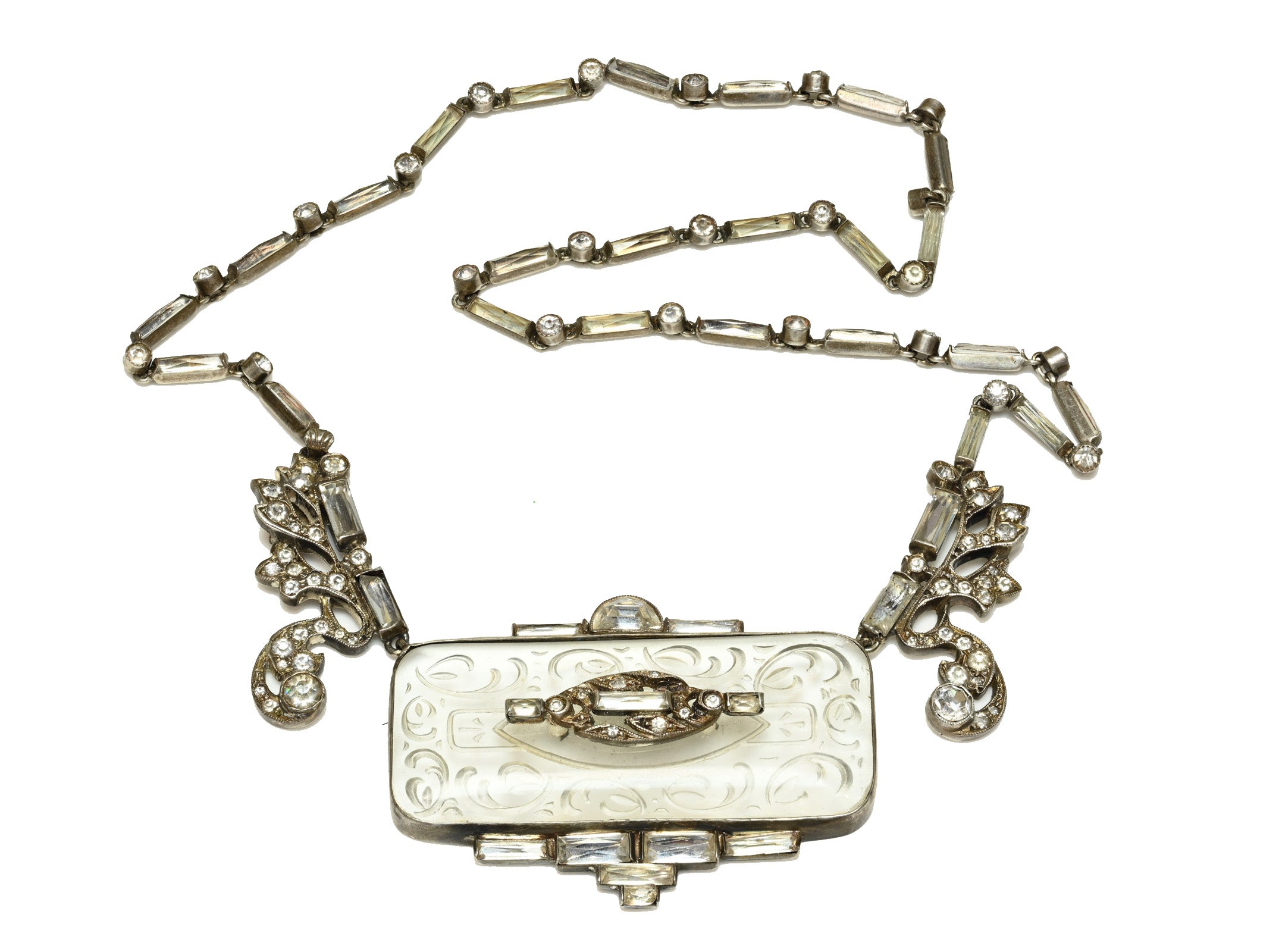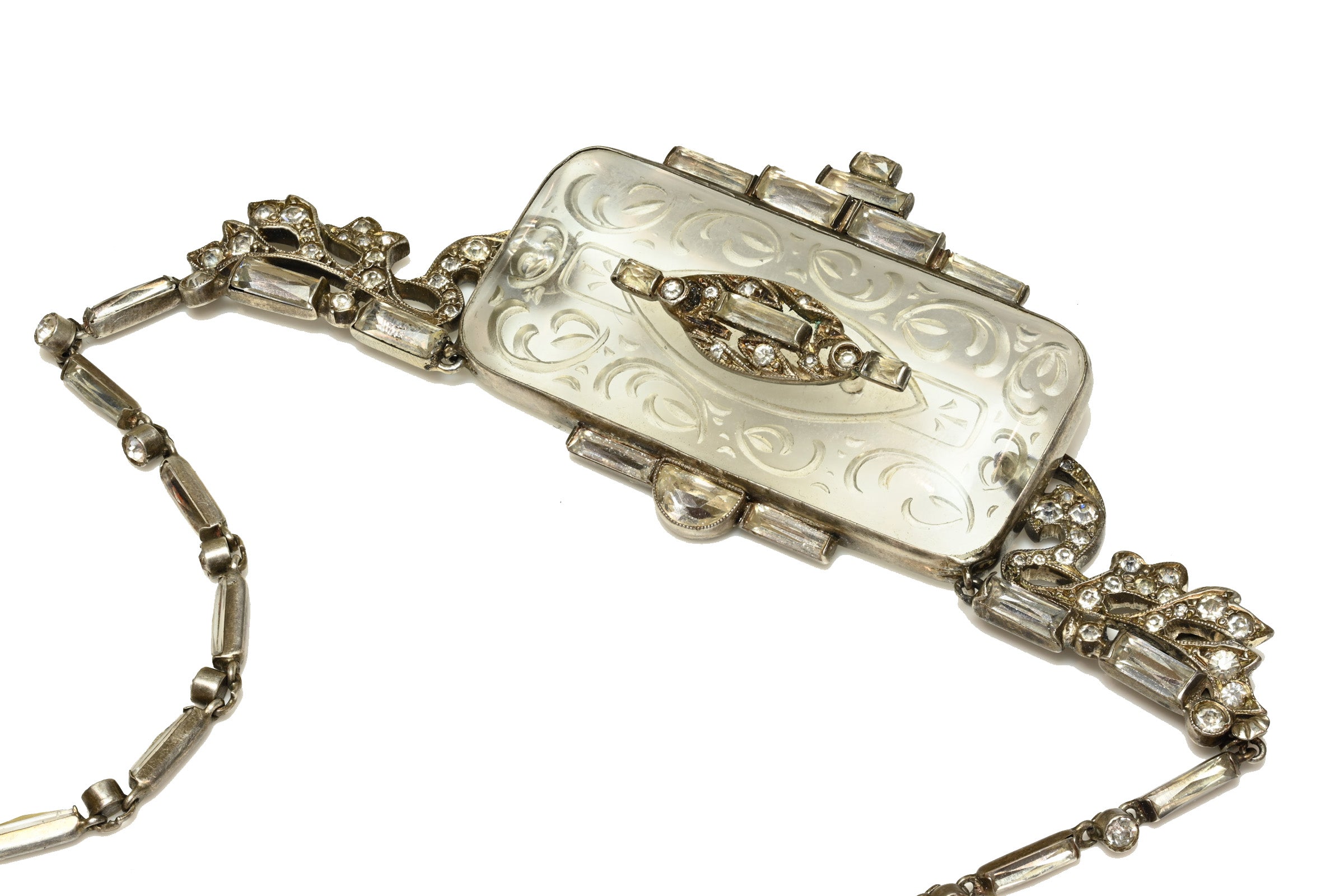The Effects of AI In Fashion. Brands Increasingly Use Virtual Models
Famous fashion brands such as Levi's, Calvin Klein, and Tommy Hilfiger have started using computer-generated models to showcase their products on their websites.
In this way, they take advantage of the fact that it's easier this way to show how their clothes fit on models of different races, ages, or sizes.
According to The Guardian, the effect of this trend is already being felt in the world of real-life models, who say they are no longer being called in for traditional photo shoots but for body scans. They complain that they only get paid once for the scan and the images generated, which become the property of the companies, can be adjusted and used over and over again.
Levi's is the latest fashion brand to partner with LaLaLand.ai - a provider of virtual models, created by artificial intelligence software, that can be adjusted according to customer preferences.
"Customise each avatar; from hairstyle to body type and size, to skin color to reach the customers you want. You can select from a wide range of gestures, emotions, and other traits to enhance the image," sounds the announcement from the company that provides virtual models.
Levi's head of digital Amy Gershkoff Bolles says the virtual models won't completely replace the real ones but will serve as a "supplement" to help the brand showcase clothes on the site for customers of different sizes, ages, and races.
"When we say supplement, we mean that AI-generated models will be used alongside human ones to expand the number of models for each product. We're excited about the idea that every consumer will be able to see models that reflect every combination of body type, age, size, race, and ethnicity," she said.
Michael Musandu, founder of LaLaLand.ai, was born in Zimbabwe and now lives in the Netherlands. He says he created the software in part because he rarely saw models who looked like him.
"Any good technologist, instead of complaining about a problem, will build a future where they have representation," Musandu said.
Virtual Models Are Cheaper
He added that he understands why a company doesn't simply hire real models of different sizes, ages, or races.
"It's not feasible for a brand to shoot nine models for every product they sell, because that means hiring not only models but also photographers, hairstylists, or make-up specialists for those models," said Michael Musandu.
However, Deep Agency, another Dutch business, also provides virtual models for a monthly subscription fee of $29, making LaLaLand.ai not the only provider of these services. Their subscribers get twelve models that may be customized.
Models Lose The Right To Use Their Image
Predictably, such practices have affected real models. Sara Ziff, who runs a foundation representing models' rights, says she has received many complaints recently.
"We're getting more and more calls from models who, after being asked to have their bodies scanned, have found out that the rights to their bodies are now owned by a company, which means they lose the right to use their image. We've heard these things, especially from models who are worried that their personal information will be used and capitalized on without their permission," said Ziff.
A test model is used during the garment creation process, like a human mannequin, for designers to see how products fit on a real body. Summer Foley, one such model in New York City, says she typically receives $400 an hour for her services.
"If someone wants to scan my body, I'd like to get paid every time the scanned image is used. It's my body, I work hard to keep those measurements. You can't scan me and use my image over and over again without me getting paid," commented the 25-year-old model.
Michael Musandu, of LaLaLand.ai, says the algorithms that generate his virtual models use only company-owned data. But he agrees that if a virtual model is inspired by a real person, then it should be compensated.

